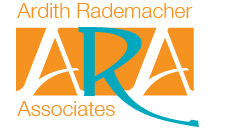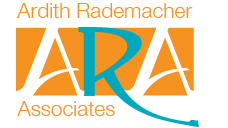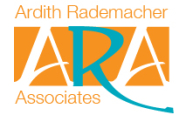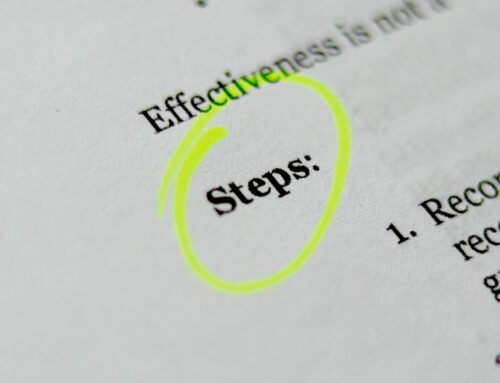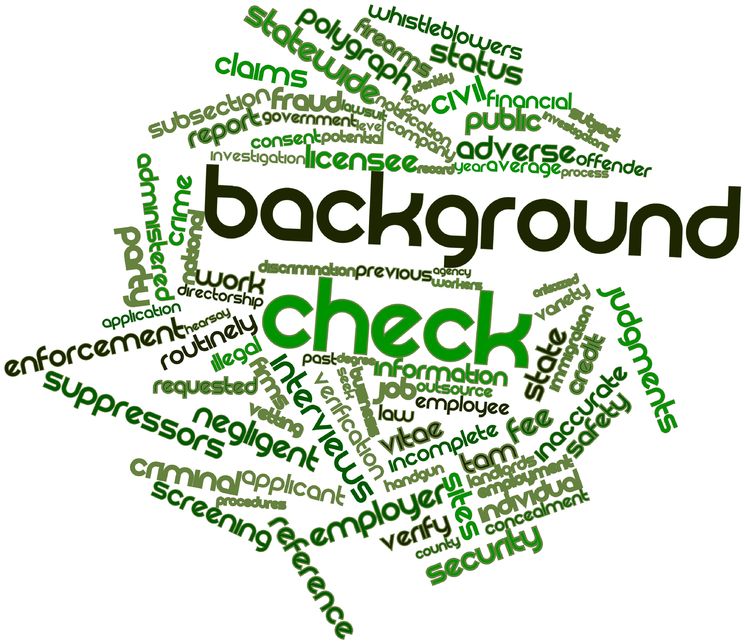
As you begin searching for your new job, you prepare your resume, your interview skills, and even research companies you want to work for. But, you may be forgetting one important piece of the hiring process – pre-employment checks.
With so many people in the job hunt these days, employers and recruiting firms have become more diligent about completing pre-employment checks, such as reference checks and background checks. These pre-employment checks help to provide additional information to your potential employer about your character, your honesty, and how you have handled your past employment.
Here is a look at some of the common pre-employment checks you might encounter and what to except if you do:
- Reference Checks – reference checks are typically done by every employer and recruiter. Reference checks help a potential employer confirm items on your resume, such as job titles, dates of employment, and job duties. It will also give some insight into your strengths and weaknesses.
- Background Checks – background checks are often confused with reference checks. The fact is, they are not the same. In some states and in some positions, background checks are required by law. They are used to verify employment history and are used to check your criminal history. If you have a criminal history, it is best to be honest about it up front.
- Financial Checks – if the position you are applying for will be around money or finances at all, be prepared to have a financial background check done. This may involve checking your credit score and checking status on any bonds you might hold.
- Security Checks – many positions today require security clearance. With so much internal theft and violence today in the workplace, many companies are taking extra precautions and requiring everyone to pass a security check. There are a variety of levels of security checks, therefore, it is best to be prepared in advance.
While traditional reference checks are still done today, more and more employers are requiring more detailed pre-employment screenings. While some will be done before your interview, others will be completed after you have acknowledged and agreed to the screening. It is important that you are honest on your resume – do not exaggerate.
If you feel that you have anything that might come back in a negative way on any screening, you are much better off explaining why before the check is completed. Your open honesty will be appreciated by most employers and recruiters, and may give you a better chance of being hiring for the position.
Copyright: radiantskies / 123RF Stock Photo
